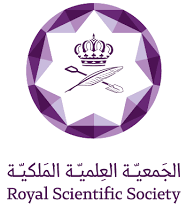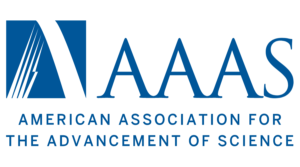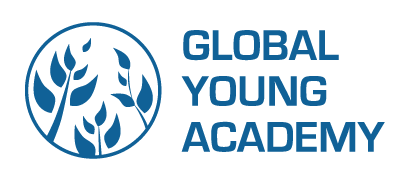Programme / Thematic session II./g Global Scientific Research as a Tool to Unlock Talent and Expand the Geographical Confines of Knowledge Creation
‹ back to Programme listerDay
Wednesday / 7 DEC
17:00 - 18:30
‘Science for social justice’ may only be achieved when politicians, decision-makers and science-policymakers set a considered and thoughtful agenda to utilize science, in reasoned and innovative ways, as a driving force for positive societal change to promote equity through innovation. However, to date, tangible results in many contexts have been mixed at best, especially in delivering a reliable mechanism for, or a path to, sustainable social equity and justice for all. As global inequality increases and much political decision-making remains myopic and contingent, the emotive and essential power of ‘science for social justice’ can be lost as scientists and decision-makers struggle to actualize meaningful change. We, as scientists, in collaboration with our decision-making peers, have a golden opportunity to correct this through clear and novel proposals for meaningful projects based on advanced research opportunities. In this regard, we contend that ‘science for social justice’ can only be fully realized if it is symbiotically connected to providing scientific opportunity, where no such opportunity previously existed. This inevitably foments and sustains prosperity, an essential factor for social justice to grow. Therefore, the goal must be to establish opportunity that serves as the bridge to prosperity. How can we accomplish this when most of the world relies on relatively few countries for new scientific advances and technologies?
This session will bring together public science figures, senior and junior academics, industry scientists, and government officials to outline how we got to the current state of science (research-rich and -poor countries) and the immense need to change the dynamic. The session will witness how scientists from research-strong countries have a responsibility to engage research-weak countries to provide opportunities for emerging scholars to perform impactful, internationally competitive science in their home countries. It is only when this happens, that we, as a science community, can ensure active participation by all in addressing critical scientific challenges and enriching local science communities around the world.
Moderators:
- Kimberly Montgomery, Director, International Affairs and Science Diplomacy, American Association for the Advancement of Science (AAAS)
- Kyle Cordova, Executive Director, Scientific Research / Senior Assistant to HRH Princess Sumaya bint El Hassan for Scientific Affairs, Royal Scientific Society
Panelists:
- Her Royal Highness Sumaya bint El Hassan, President, Royal Scientific Society of Jordan (RSS)
- Sudip Parikh, CEO, American Association for the Advancement of Science (AAAS)
- Dr Tyrone Grandison, Board Chairman, The Data-Driven Institute
- Khuloud Al-Jamal, Head of Medicines Development, Institute of Pharmaceutical Science, King’s College London, United Kingdom
- Jayshree Seth, Corporate Scientist & Chief Science Advocate, 3M


